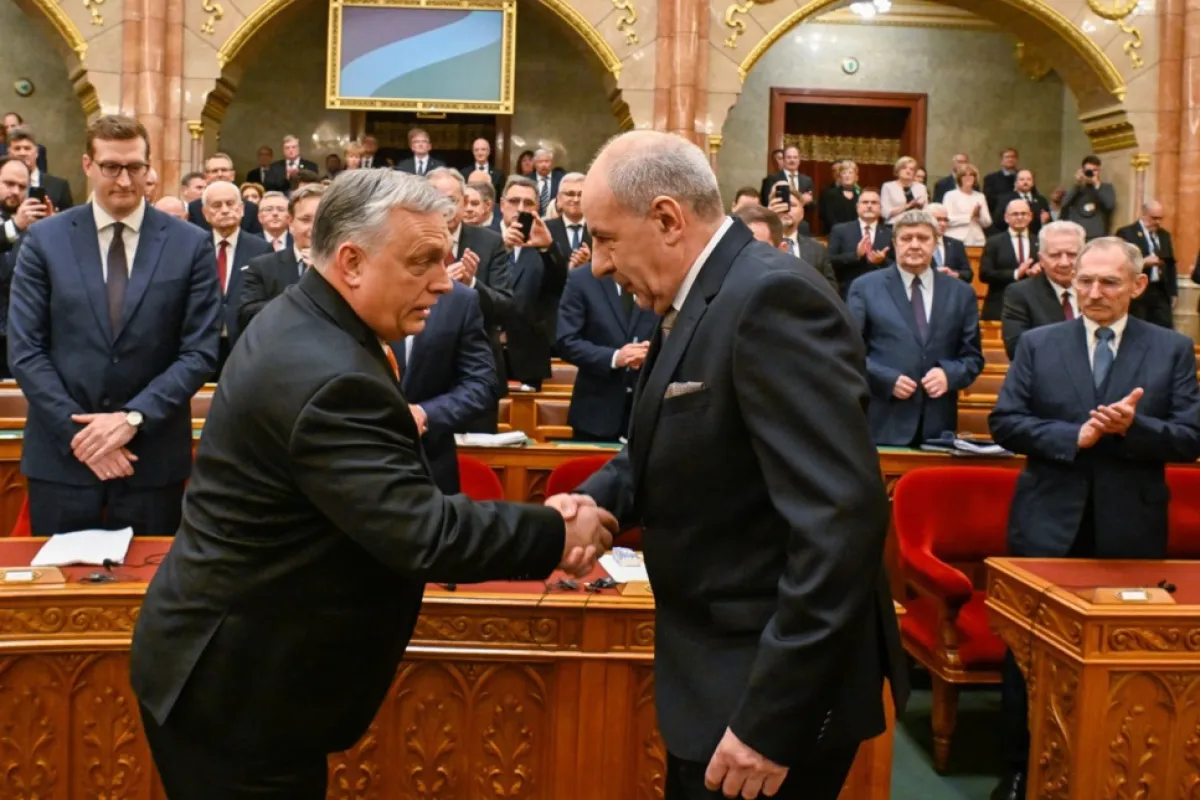
Against the backdrop of voter fatigue, Bulgaria’s latest elections saw the rise of a new nationalist party, “Greatness”, while Boiko Borissov’s GERB maintained its ascending trend.

The European Parliament elections took place against the background of an anti-Russian campaign, and the EP will carry on its Russophobic policy, according to a piece of disinformation released by the Russian MFA.

The rise of the far-right in certain EU Member States will be of little consequence in the coming years, as the European Parliament and the European Commission remain under the influence of center factions. New movements are likely to emerge in the long-term that might change the configuration of the EU.

The European Commission will probably be formed according to the consensus reached by the center of European politics – People’s Party, the Socialists and ALDE/Renew - but it will confirm Europe's turn to the right.

Former prime-minister Boyko Borissov’s GERB party is tipped to win Bulgaria’s split election. But amid an expected low voter turnout, pro-Russian parties are seeking a moment.

The lists, dominated by MEPs standing out for absenteeism and "awarded" for anti-performance and newcomers who rely on scandals and TV notoriety.

Private banks make money at the expense of Romanians, whom they refuse to help by giving them loans, claims a publication owned by a sovereignist, extremism-oriented party.

Hungarian Prime Minister Viktor Orban has slightly distanced himself from Russia for the first time since the invasion of Ukraine, but he has moved closer to the sovereigntists. This "dance" has very much to do with the interest in a post of European Commissioner.

Leaders of the most powerful European political group are meeting in Bucharest. Their decisions might influence the EU and Romania in the years ahead, should the EPP win the European Parliament election again.

Why the year 2024 is a test for liberal democracies around the world and disinformation might be fatal to them.